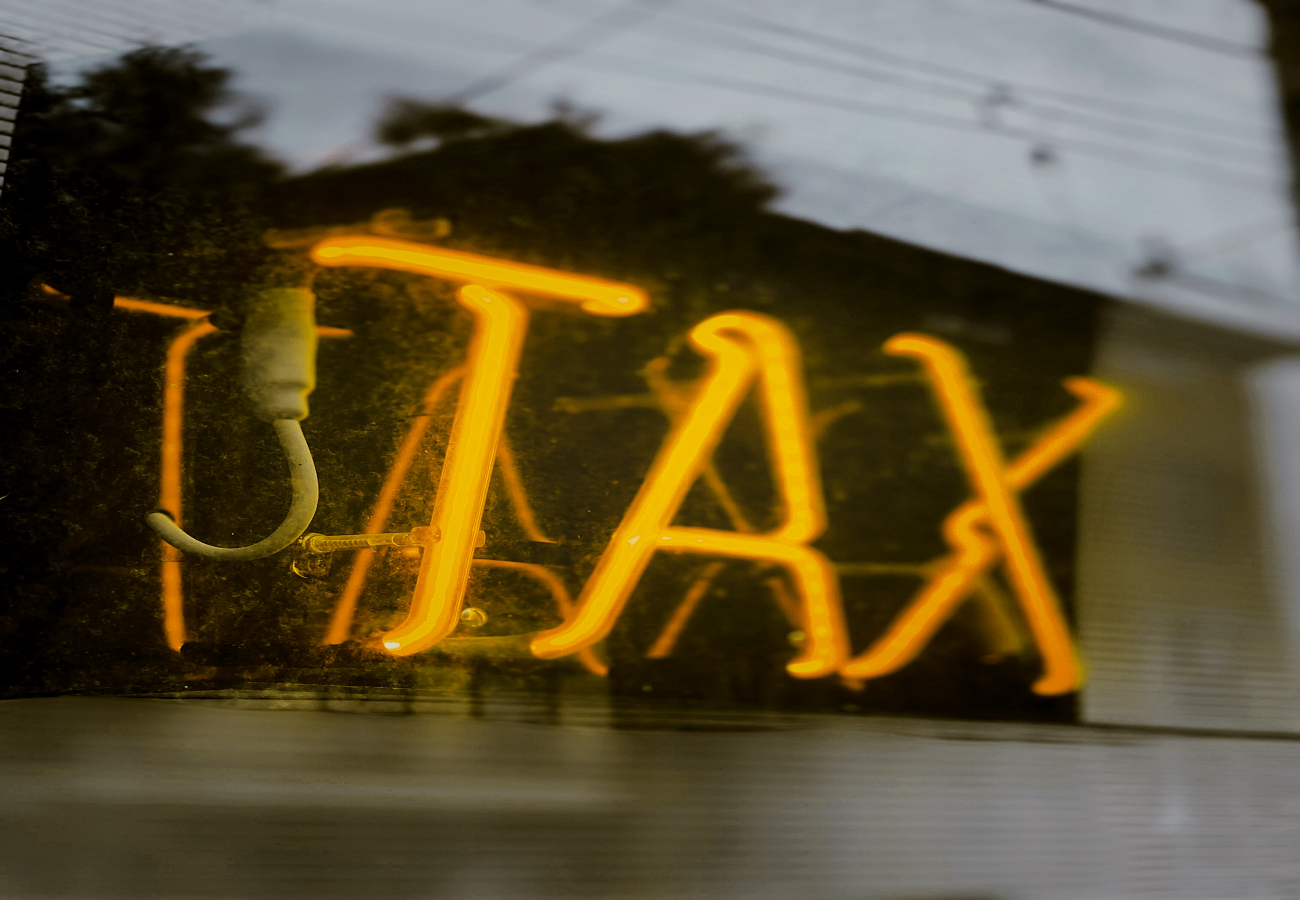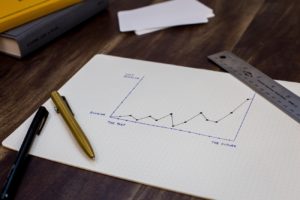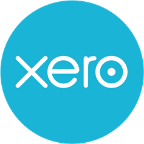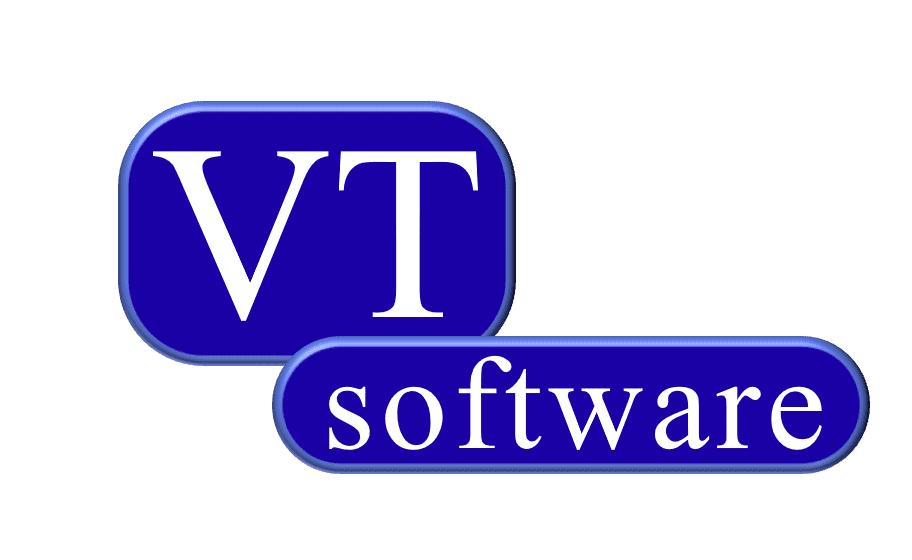HM revenue and customs (HMRC) employs self-assessment to collect income tax from individuals. Income tax is automatically deducted from salaries, savings, and pensions. However, another source of income needs to be disclosed in the self-assessment tax returns yearly.
A self-assessment tax return may look like a challenging task, but not when you are prepared, organised, and understand what is asked of you.
Who should register for self assessment tax return?
These are the following people that should register themselves for self-assessment tax returns:
- Self-employed
- People who have a primary source of income are income from rental property, investment, income or pension from foreign sources.
- People who get their primary income from maintenance payments
- People who get their primary income from the fees are exempted from PAYE (pay as you earn)
Who should not register for self assessment tax returns?
These are the following people that should not register themselves for self-assessment tax returns:
- People who only have their primary source of PAYE (pay as you earn) income
- People whose gross non-PAYE (pay as you make) does not exceed £12,570
How to register for self assessment tax return?
Do you still need to send a tax return from last year? Then you must register through the different available ways. Once registered, you will be able to send your tax return.
Commercial software or paper forms can be used to fill out the self-assessment tax return. However, you need to pay your bill before the deadline.
- The tax return deadline for last year started on 6th April 2021 and ended on 5th April 2022.
- The online tax return ends on 31st January 2023.
- Paying the tax you owe also has a deadline of 31st January
Note: you must pay the tax return before the deadline. If not, you may have to face a severe penalty.
Penalty for missing the deadline
If you have missed the deadline, you will have to pay a late filing of £300. This is if the tax returns have crossed the deadline for more than three months. If the period is over three months, more charges will be added (interest on late payment).
Your penalty can be excused if you appeal against the fine with a valid reason.
Change your return
A change in self-assessment tax return could be made in under three days (72 hours, to be exact) after you have filed the tax.
For any changes to be made to your tax returns, you must write to HMRC. Then, your bill would be updated, and you would find out if you would have to pay more or get a refund according to their judgment.
Don’t panic if you missed the self assessment registration deadline. All is not lost! Learn more about the self assessment tax return services discount we offer by contacting us at 📞02045265195 or 📧hello@finchleybusiness.co.uk










